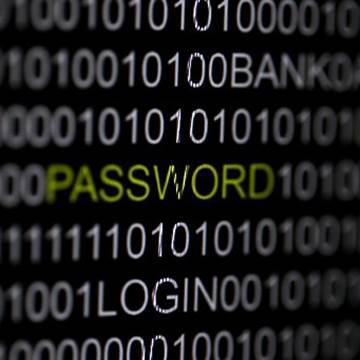Could your personality be influencing the type of password you create? We’re not just talking about catlovah4evah or password123 – personality types can also play a role in rationalizing why we continue to use poor passwords, according to a new survey.


Over 60 percent of people continue to use the same or similar passwords across their accounts, even though they know it’s a hack just waiting to happen. And although most people know to use upper and lower case letters, numbers, and symbols to generate a strong password, few people actually follow through.
LastPass, a password manager company, surveyed 2,000 people in the United States, Germany, France, New Zealand, Australia, and the United Kingdom to find out why we continue to use such bad passwords.
Related: Want to Avoid Getting Hacked? Follow These Tips for Your Password Protocols
Of those surveyed, 91 percent said they understand the risk of reusing passwords — yet 61 percent use the same (weak) ones over and over.
“Although users claim to know what the characteristics of safe passwords are, they tend to ignore this knowledge in favor of using easy-to-remember passwords,” Joe Siegris, general manager and vice president at LastPass told NBC News.
Nearly half of those surveyed who said they are a Type A personality said they did not believe they were at an increased risk of being hacked, despite reusing passwords. Respondents said this was because they were proactive in protecting themselves online, exhibiting the classic Type A traits of being in control and detail-oriented.
Those who identified as the more laid back Type B rationalized their poor password behavior by believing their accounts are of little value to hackers.
Related: Want to Avoid Getting Hacked? Follow These Tips for Your Password Protocols
Nearly half of the respondents who identified as Type B displayed a nonchalant attitude about their cyber security habits.
“Through this survey, the data we collected suggests that the theory of cognitive dissonance also applies to a user’s digital behavior: You know it’s bad for you, but you continue to do it anyway,” Siegris said.
So go ahead and file bad passwords in the same category as eating junk food and being a couch potato.
If you’re looking to make a change, password managers are one option for making sure you have secure passwords that you don’t have to worry about remembering: The number one reason people changed their passwords was due to forgetting them, according to the survey. However, switching up your password can also be a solid security strategy.






